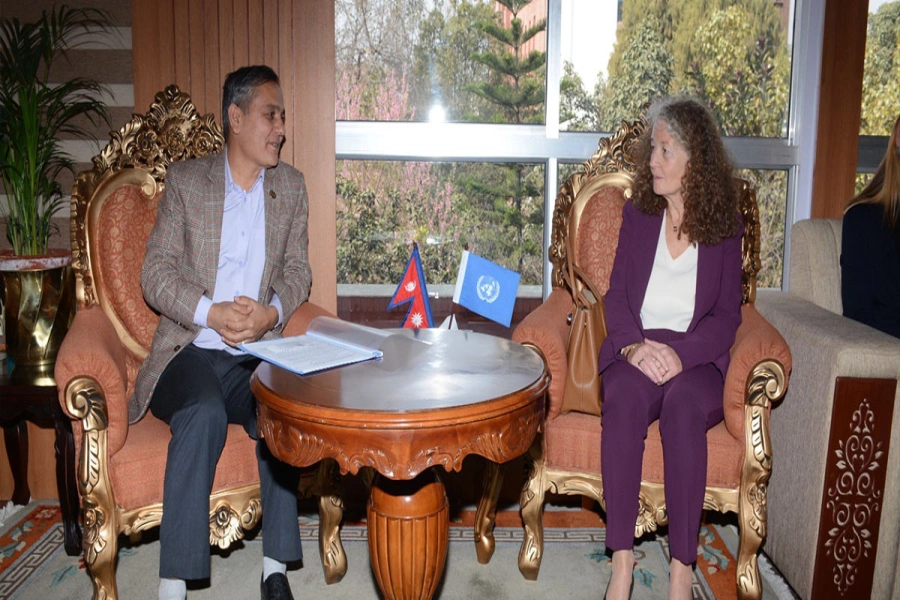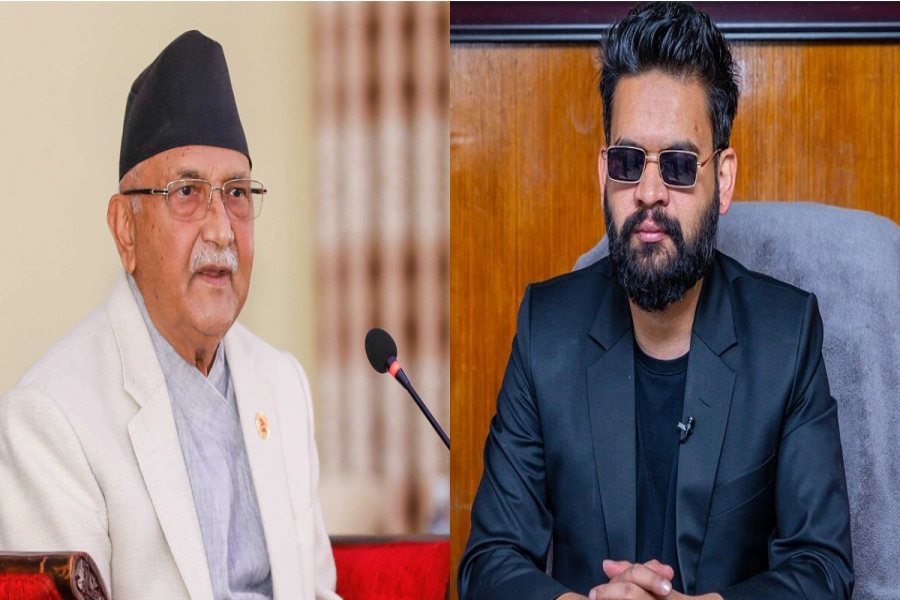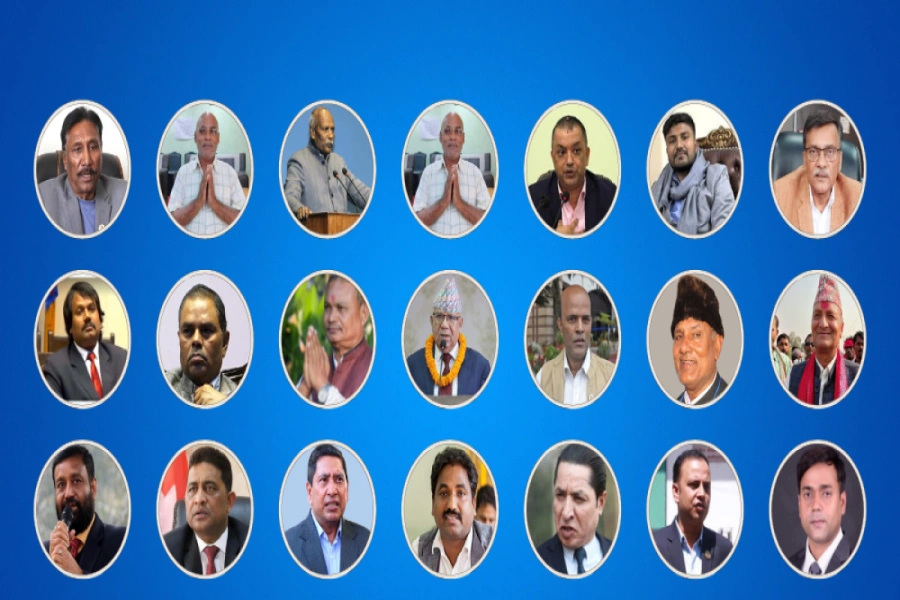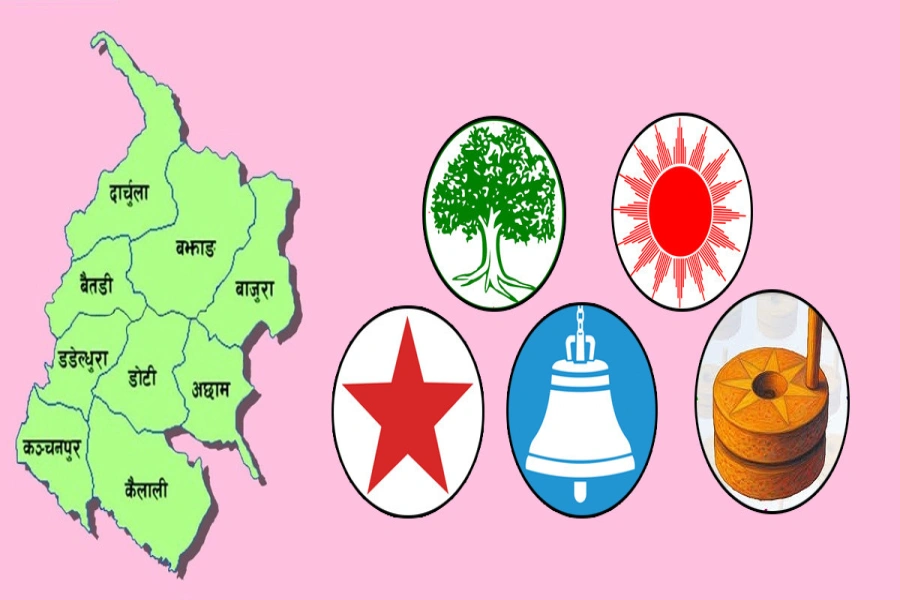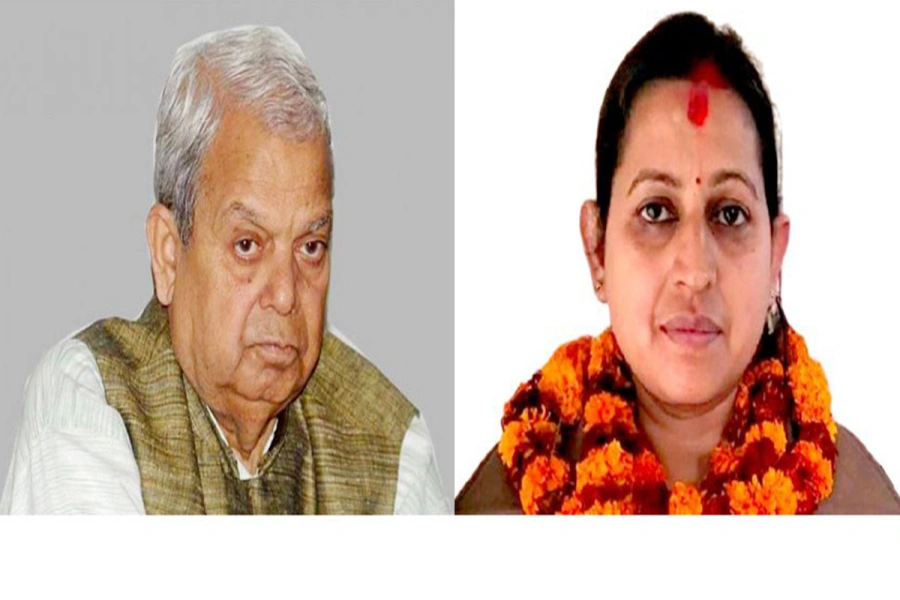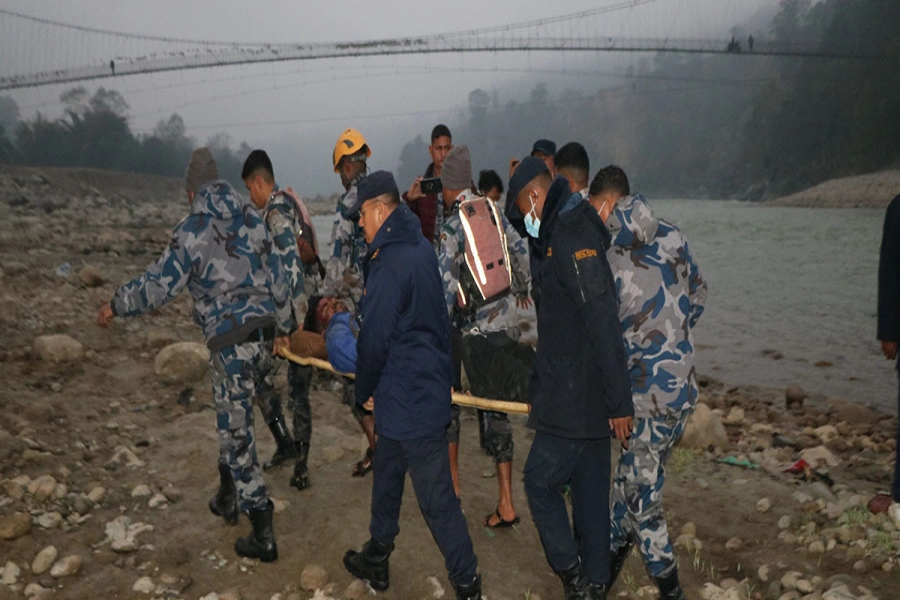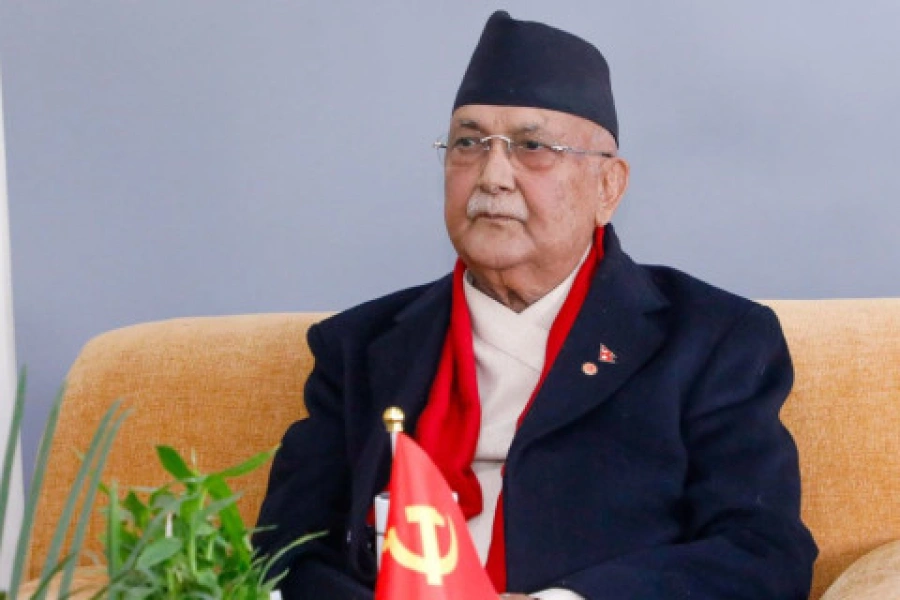Commuting in Kathmandu is the stuff of nightmares. I don’t drive regularly but when I do, I yell, I shout, I throw mean glances at other drivers, and I refuse to let other vehicles overtake me when there is a jam, and traffic in Kathmandu almost always feels like a jam. When I’m driving, I’m gripping the steering wheel, murmuring to myself, and, as hard as I try not to, spewing out curses a mile a minute.
In my defense, I’m not the angry sort at all. I’m quite agreeable and don’t like to get into quarrels and arguments. But driving brings out a side of me that surprises me too. And I’m sure this is true for everyone who suffers from the terrible misfortune of having to drive in the city. I have seen perfectly gentlemanly looking people behaving like raging lunatics on the road. Though I am comforted by the fact that it’s not only me who goes crazy while driving, I also wonder what exactly needs to be done to manage the situation.
The Metropolitan Traffic Police Department, with its many rules and laws, has, to a large extent, managed to regulate traffic on the roads. You have to give them credit for coming up with the MaPaSe rule, and also trying to make drivers aware about lane discipline. But, I guess, in a country where rules are meant to be broken and treated like shackles of freedom, people will find a way to do as they please.
It’s funny how all scooters, bikes, cars, and buses will be neatly inside their own lanes (and seem to fear the white line like plague) when there are traffic police patrolling the streets but the moment they are out of sight, the concept of driving on your own lane simply vanishes and you can see people speeding their way through on the opposite lane as well. This is especially true of bike and scooter riders than cars and buses, though microbus drivers seem to think their vehicles are smaller than scooters given the way they try to squeeze through narrow spaces.
Trump takes lead in US presidential race, but battleground stat...

Recently, I was caught in a massive traffic jam at Jamal. I think my car moved an inch or two every five minutes. It took me an hour to get from Rani Pokhari to Lazimpat where I had a meeting. I was late by 30 minutes and when I apologized and mentioned that I was caught in a bad traffic jam, everybody got all sympathetic and started sharing his/her own road horror stories. One lady mentioned that she has simply stopped driving and either walks or takes lifts from family and friends all the time. She had even walked to the meeting venue, all the way from Naxal.
Another man claimed that he has stopped using his car, and now rides his bike everywhere. Though he is always covered in dust and sweat, it is oodles better than being stuck in the same spot for hours, he said. And he reaches everywhere on time (and spends less on fuel as well). He also confessed that he even uses the footpath to ride his bike sometimes when the traffic is bad or pretends his bike has broken down to be able to drag it through a one-way road.
The problem, my immediate supervisor argued, is that people only seem to follow traffic rules when there is the imminent threat of being slapped a fine. We still tend to drink and drive if it’s raining and we know there won’t be a checking (even my boss confessed to this ‘crime’). Despite the no horn campaign, we don’t hesitate to use it with reckless abandon if we don’t see a blue uniform around. And, the white lines on the road are invisible to us when a traffic police isn’t stepping right on it, which is the only time our visibility clears and we stay at least a good foot away from it.
This mindset, that rules are to be followed only when an enforcer is around, is what makes traffic so chaotic in the city. Add to that, untrained traffic people running on the road and the situation gets even worse. At times, there have been traffic police standing in the middle of a road because of which bikes and cars have had to go around them as you would around a traffic island or roundabout. I wonder how them prancing around waving their strobe lights can help ease traffic congestion. Try getting out of the way, maybe? Also, why is there suddenly a surge of traffic police managing every junction? This doesn’t work in areas like the stretch from Putalisadak to Singh Durbar, and from Kupondol to Pulchowk where junctions come every 20 meters or so.
It’s also the attitude of these policemen that create more confusion. They behave like demigods on the road. I have I confess almost hit a traffic police. He was standing right in front of my car, kind of resting his body against the hood of my car, and when my foot slipped off the clutch, the car lurched to give him a little nudge. Though he charged at me and rapped at my window in rage, he let it go when I explained what had happened. But I had to get out and show him my high-heeled shoes in defense. My legs were trembling then and I shudder even now when I think about that incident. I could have hurt him badly.
However, this need for the traffic police to step down from the traffic island and manage traffic is also largely because of our own unwillingness to stop and slow down. A doctor my family goes to for annual checkups once commented that people seem to have all the time to hang out, gossip, go for endless cups of tea at work but the moment they step out on the road and the doctor’s office, they are really rushed and don’t seem to have ten minutes to wait. Turned out, it took him an hour to reach Thapathali from Kalimati every single day.
We are quick to blame everybody else but ourselves for the chaos that’s out there on the roads. If we switch lanes then we are running late, but if someone else does it then it’s undisciplined and rude of them. If we get into an accident, it’s always the other person’s fault and never our own. If only every one of us decided to slow down a little, give way, and follow the rules despite the fact that no one is looking, then maybe it would, if not end, control our road rage and make bad traffic a little bearable.
The government could also play its part by ensuring that, if they can’t get the traffic lights and the roads fixed, then at least train people properly before sending them out to manage traffic. But knowing the pace and tenacity of our system, that’s unlikely to happen anytime soon. So looks like unless we are willing to change our own behaviors, we need to get used to gritting our teeth and going on bumpy and frustrating commutes every single day. Or maybe become rich enough to afford to get a driver at which point someone else will be doing the shouting and cursing for you as you rest comfortably on the backseat of your air conditioned car.
sharmaditi374@gmail.com





